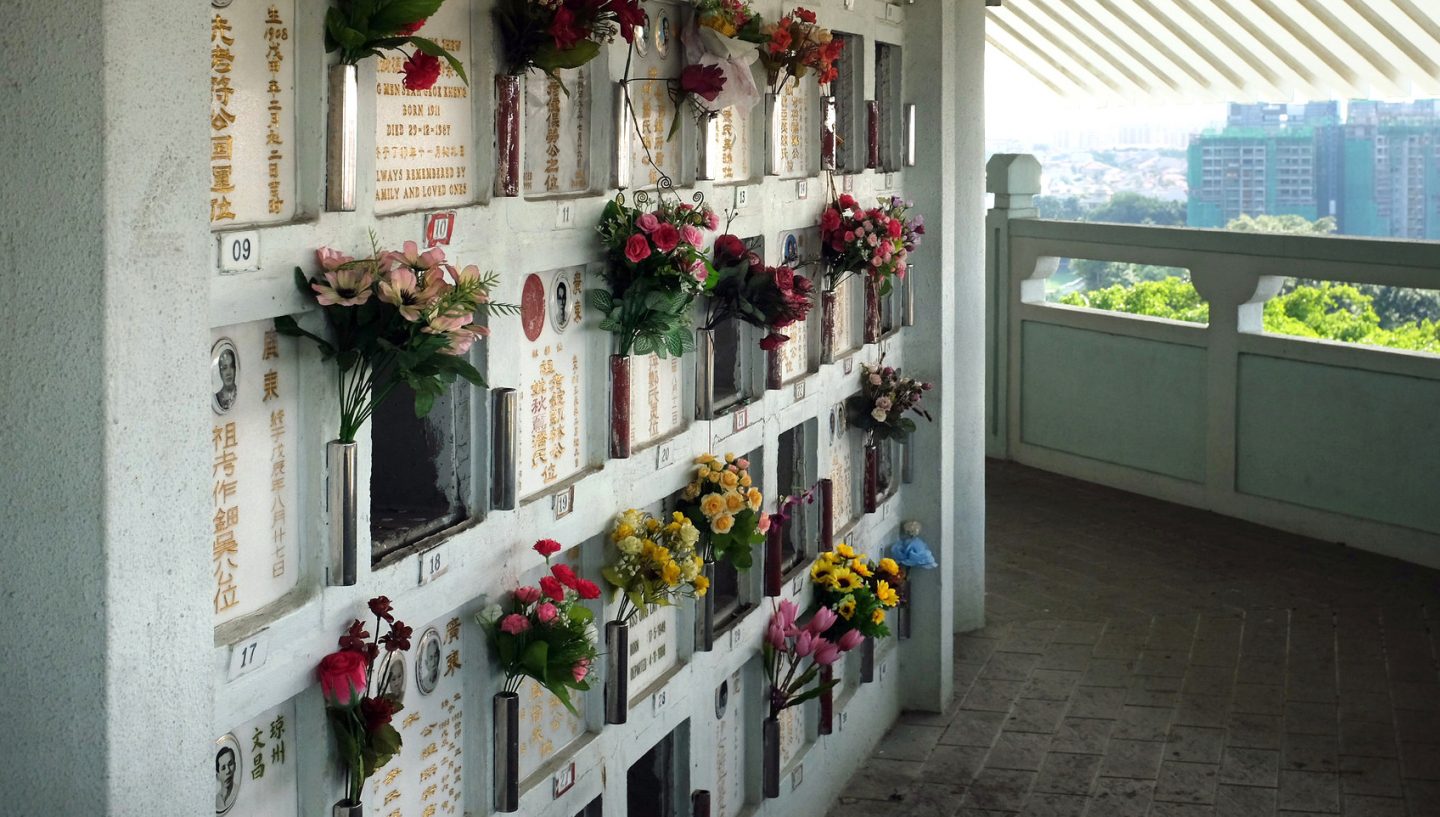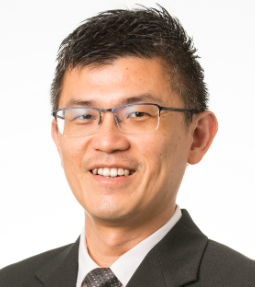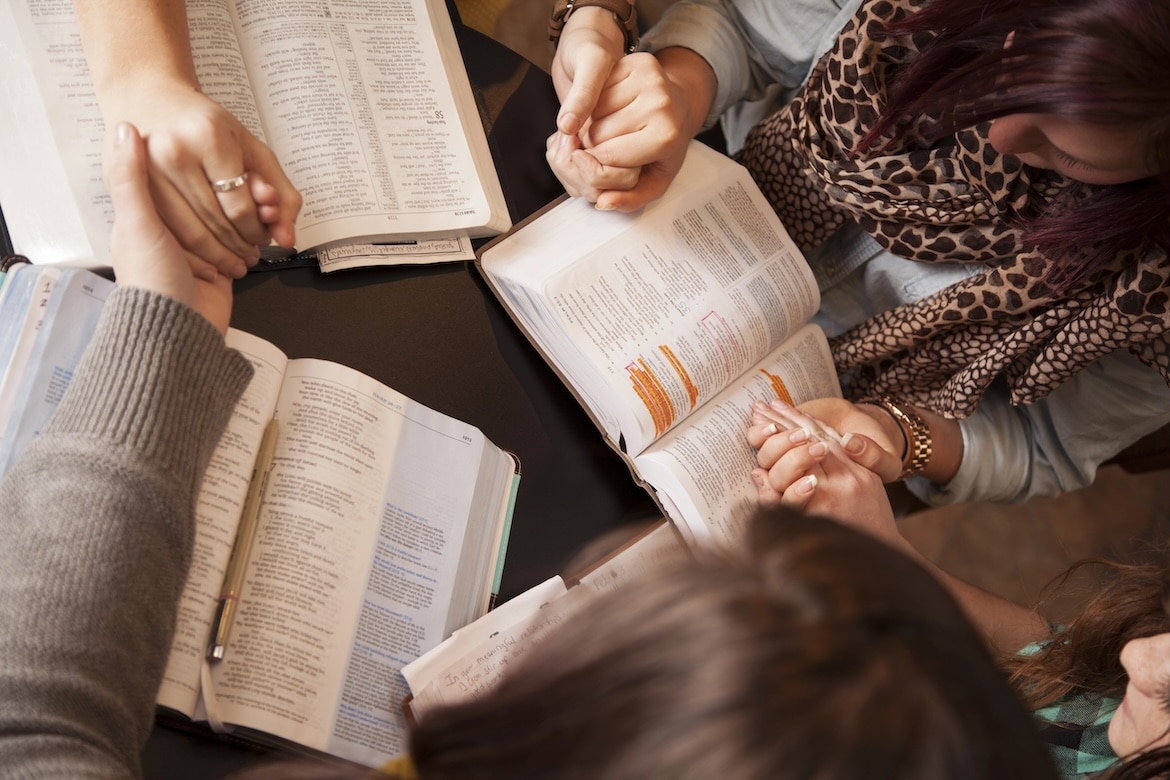Qing Ming rituals: What’s appropriate for a Christian?
Dr Lai Pak Wah // March 27, 2019, 4:00 pm

Photo by Jnzl on Flickr.
Every April, Chinese all over the world observe Qing Ming (清明节). It is a family occasion where young and old gather at the tombs of their ancestors to remember the departed, tidying up their graves and, oftentimes, making ritual offerings such as food dishes and burning joss sticks and paper.
For Christians, the ritual offerings are problematic as they come across as religious practices contrary to Christian teaching.
We are thus caught in a bind: As much as we want to maintain harmonious relationships with our family members, our inability to participate in these religious rituals makes us come across as unfilial children.
So how should Christians respond whenever Qing Ming is around the corner?
Centrality of family
Historically, Qing Ming was – and still is – one of the 24 seasonal segments (二十四节气) dividing up a lunar year.
The original festival for revering ancestors was Han Shi Jie (寒食节, Cold Food Festival), and can be traced back to the Zhou dynasty. It lasted for a month, during which the lighting of fire was prohibited, even for the preparation for food. This was to remember Jie Zhitui, a respected nobleman who died in the 7th century BC.
There are many parallels between the biblical and Confucian understandings of filial piety.
By the Tang dynasty (7th century AD), Han Shi Jie became known as the occasion for revering one’s ancestors. Although it is still regarded as such in Korea, Vietnam and parts of China, it has now been replaced by Qing Ming as the festival for ancestral reverence.
This could be due, perhaps, to the proximity of both festivals (Han Shi Jie being a few days earlier than Qing Ming).
Like most Chinese festivals, such as the Lunar New Year or Mid-Autumn Festival, Qing Ming is an occasion when family members gather and the Confucian virtue of filial piety is celebrated (if one may put it this way).
This observance is particularly emphasised during Qing Ming since it is a gathering when one explicitly shows reverence to his departed ancestors.
Tradition of honour
There are many parallels between the biblical and Confucian understandings of filial piety. Both regard the honouring and care of our parents (Exodus 20:12) as a duty that every son and daughter should perform.
Both see it as intrinsic to maintaining a harmonious relationship or shalom within one’s community. Both also believe that filial piety is a means of obeying to God or the dao that governs the universe.
In Matthew 15:1-20, Jesus makes the distinction between God’s laws (such as the Ten Commandments) and the traditions that evolve from these laws.
The latter are usually rituals and practices that particularise, or are concrete expressions of, the divine laws. Jesus points out, however, that traditions can sometimes go astray and end up contradicting the laws.
A case in point is the Jewish tradition in which a son is exempted from taking care of his parents once he has devoted the money set aside for this purpose to God (Matthew 15:5).
The law of love
Besides this, it is important to note that the Law – including the commandment to honour our parents – is not absolute in itself.
More fundamentally, it is the means by which we love God. The Law, as Paul puts it, is our tutor that brings us to Christ so that we might be justified by faith (Galatians 3:24).
Our main concern should be discerning the practices that will enable us not only to honour our parents but also to love God.
In Romans 14, the apostle reminds us, likewise, that in whatever we do, we should seek to fulfil the dual commandments of loving God and neighbour. This latter goal must be the guiding principle for how we honour our parents and work out the traditions, or “implementation details”, of the Law.
This distinction between tradition, Law and the love of God is helpful when it comes to reflecting on Qing Ming.
Given the similarities between Christian and Confucian filial piety, it is important for us to affirm the value of the latter. Our main concern, therefore, should be discerning the traditions and practices that will enable us not only to honour our parents but also fulfil the ultimate purpose of loving God.
With this in mind, any Qing Ming practices that endorse ideas of our departed ancestors still existing in the afterlife, still needing our supplies of offerings to survive, and having power over their descendants’ destiny are contrary to Christian teachings and should be avoided.
Bridging the cultural gap
We must not, however, give up all the pagan practices and end up with nothing to convey our respect for our ancestors.
There are other means of showing such respect, so as to assure our unbelieving family members that we are still filial at heart. Joining them in the tidying up of ancestral graves, for example, is something we can certainly do.
Our faith has not drawn us away from our culture, but has taught us new ways of affirming its values.
While we cannot offer food or joss paper, we can present flowers to their graves as a mark of our respect instead. Telling the stories of our departed ancestors and praising them for their virtues or contributions to our lives is another “ritual” worth encouraging among our children and grandchildren.
Indeed, this should be practised not only during Qing Ming but in our daily lives.
There will be occasions when we can be misunderstood or surprised by the unexpected demands of our relatives. It is thus needful for us to pray and seek the Holy Spirit’s wisdom and guidance whenever we attend a Qing Ming gathering.
The God who loves us will surely grant us the necessary courage and discernment to respond appropriately.
I do pray that our affirmative practices will more than offset those we refrain from. In so doing, we can help our relatives understand that our faith has not drawn us away from our culture, but has taught us new ways of affirming its values.
Hopefully, what we do and how we behave during Qing Ming and our everyday lives will reduce their misunderstandings of the Gospel and draw them closer to Christ.
We are an independent, non-profit organisation that relies on the generosity of our readers, such as yourself, to continue serving the kingdom. Every dollar donated goes directly back into our editorial coverage.
Would you consider partnering with us in our kingdom work by supporting us financially, either as a one-off donation, or a recurring pledge?
Support Salt&Light



